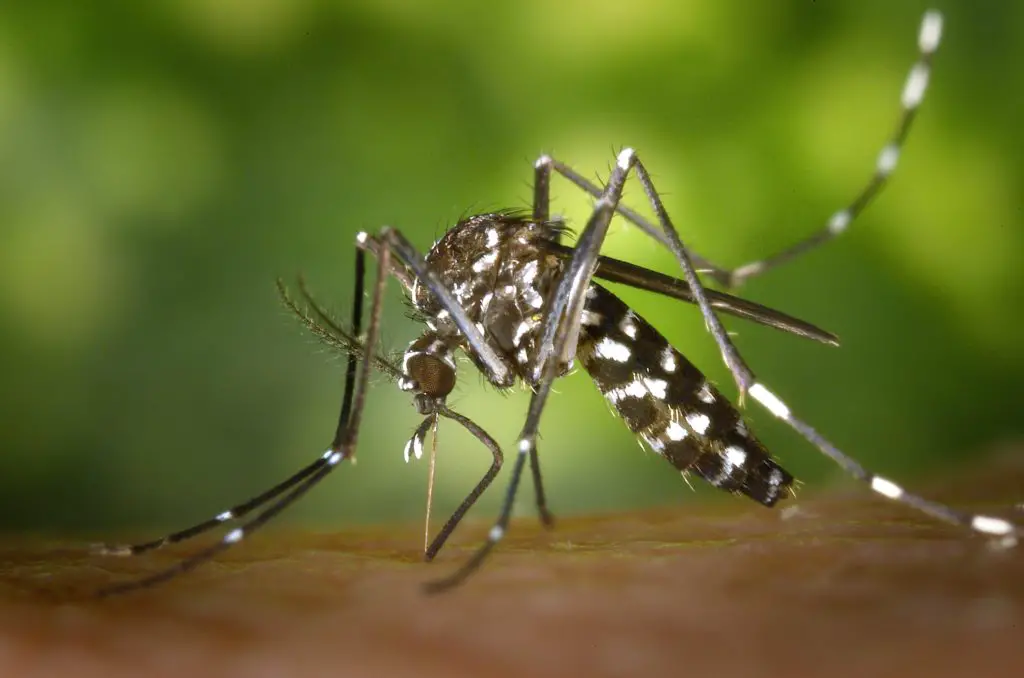What is an Abscess?
An abscess is a collection of pus in any part of the body. In most cases, the area around an abscess is swollen and inflamed.
What are the causes of an abscess?
Abscesses occur when an area of tissue becomes infected and the body’s immune system tries to fight it. White blood cells (WBCs) move through the walls of the blood vessels into the area of the infection and collect in the damaged tissue. During this process, pus forms. Pus is the buildup of fluid, living and dead white blood cells, dead tissue, and bacteria or other foreign substances.
Abscesses can form in almost any part of the body. The skin, under the skin, and the teeth are the most common sites. Abscesses may be caused by bacteria, parasites, and foreign substances.
Abscesses in the skin are easy to see. They are red, raised, and painful. Abscesses in other areas of the body may not be seen, but they may cause organ damage.
Types and locations of abscesses include:
- Abdominal abscess
- Amebic liver abscess
- Anorectal abscess
- Bartholin abscess
- Brain abscess
- Epidural abscess
- Peritonsillar abscess
- Pyogenic liver abscess
- Skin abscess
- Spinal cord abscess
- Subcutaneous abscess
- Tooth abscess
What tests are done?
Your doctor will do a physical exam, focusing on the symptoms of the abscess. Various tests to locate the abscess include:
- Ultrasound
- CT scan
- MRI scan
Often, a sample of fluid will be taken from the abscess and tested to see what type of germ is causing the problem.
What are the various treatment options available?
Treatment varies based on the abscess. Antibiotics or even surgery may be needed to drain the abscess.
How to prevent an abscess?
Preventing abscesses depends on where they develop. For example, good hygiene can help prevent skin abscesses. Dental hygiene and routine care will prevent tooth abscesses.
References
Ambrose G, Berlin D. Incision and drainage. In: Roberts JR, Custalow CB, Thomsen TW, eds. Roberts & Hedges’ Clinical Procedures in Emergency Medicine and Acute Care. 7th ed. Philadelphia, PA: Elsevier; 2019:chap 37.
De Prisco G, Celinski S, Spak CW. Abdominal abscesses and gastrointestinal fistulas. In: Feldman M, Friedman LS, Brandt LJ, eds. Sleisenger and Fordtran’s Gastrointestinal and Liver Disease. 10th ed. Philadelphia, PA: Elsevier Saunders; 2016:chap 28.
Tunkel AR. Brain abscess. In: Bennett JE, Dolin R, Blaser MJ, eds. Mandell, Douglas, and Bennett’s Principles and Practice of Infectious Diseases, Updated Edition. 8th ed. Philadelphia, PA: Elsevier Saunders; 2015:chap 92.










